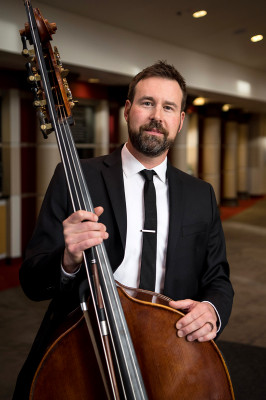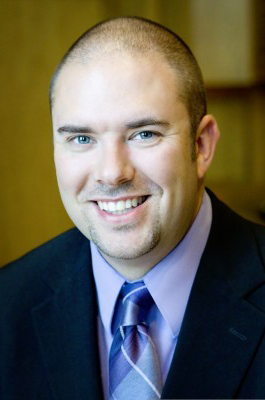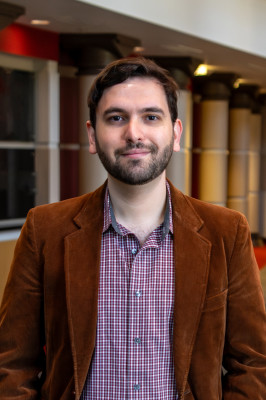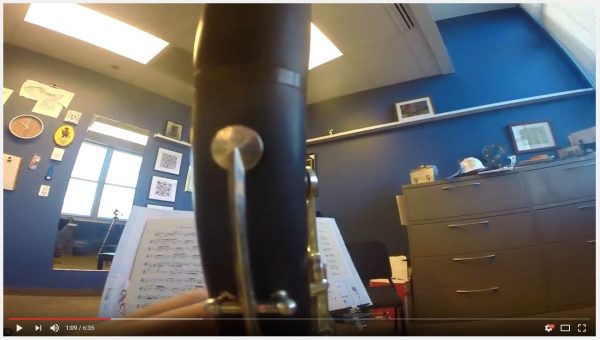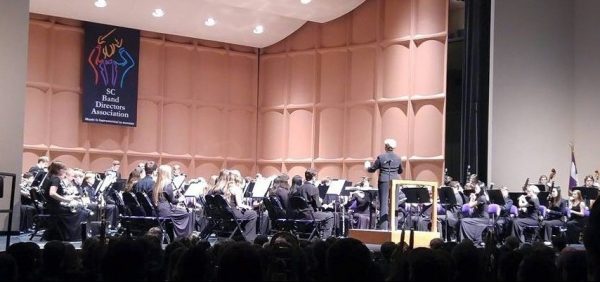Musicology and Music Theory
Overview
Although not a degree area at CSU, Music History and Music Theory are an integral component of every music student's program of study. The School of Music Theatre and Dance offers intense training in specialized music disciplines, combined with a balance of core music courses in music history and theory.
Study With
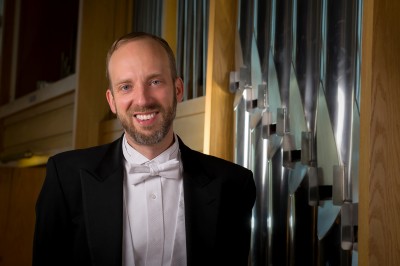
Joel Bacon
- Professor of Music
- Stewart and Sheron Golden Chair in Organ and Liturgical Studies
- Fr. Don Willette Chair of Catholic Studies
Musicology and Music Theory News
Dec. 2016 Music Faculty Notes
What’s it like to be a professional clarinetist and clarinet professor at Colorado State University? Recently, Assistant Professor of Clarinet Wesley Ferreira wore a GoPro for an entire day, so now you can find out! From arriving at work and morning practice, rehearsing for the Faculty Chamber Ensemble concert, Graduate Clarinet Quartet coaching and other […]
Oct. 2016 Faculty Notes
A review of Music History Professor Angela Mace Christian’s work recently appeared in Music and Letters, a top journal in musical scholarship. The reviewer, Marcia Citron, is widely regarded as a foundational scholar in Fanny Hensel studies and, more broadly, women in music. The following is an excerpt from the journal regarding the *contribution by […]
April 2016 Faculty Notes
Last fall, Assistant Professor of Music History K. Dawn Grapes had her annotated bibliography/research guide to “John Dowland” recently published online by Oxford University Press in Oxford Bibliographies. In her introduction, Dr. Grapes describes Dowland (b. 1563–d. 1623) as an internationally known English musician of the late 16th and early 17th centuries. As the most […]
Musicology
Musicology at Colorado State University encompasses scholarly study within the discipline of music. Foundational areas include historical inquiry, research, ethnomusicological fieldwork, music theory, and performance practice. All musicians use musicology in their pursuits, regardless of whether their specialty is performance, education, therapy, or another academic area.
CSU offers courses in musicology to both music majors and non-majors. Classes cover topics such as the history of Western art music, the history of jazz, rock and roll, American music, and music in non-western cultures. Emphasis is placed on the exploration of ways that music reflects cultural and societal norms in the time and location in which it was produced. All undergraduate and graduate music majors are required to take music history and research courses.
Undergraduate Musicology Courses
A broad selection of topics satisfies music history requirements for music majors, with many courses available as electives to non-music majors. 500 level courses are open to qualified undergraduates.
Contact
Honors Options
MU334, MU335, MU430, and MU431 have an honors option for students enrolled in the honors college. The student conducts a flexible independent research project under the guidance of the professor and then presents it to his or her peers at the end of the semester.
Graduate Courses
Graduate music history courses focus on periods of Western music from the Middle Ages through contemporary music. 400 level courses may count as graduate electives.
Music Theory
At CSU, music theory focuses on creating musical literacy at a high level. Students learn to analyze, sight-sing, and dictate music from a wide variety of eras, while historically situating music theory as a cultural practice.
CSU offers a traditional music theory sequence of tonal and post-tonal harmony for music majors and minors. Graduate students also complete courses in tonal and post-tonal analysis, and advanced undergraduates may take these courses with permission.
Requirements for music theory courses vary based on degree programs. B.A. students may focus on music theory for their capstone project.
Music Theory Courses
- MU 111 Music Fundamentals
- MU 117 Theory I
- MU 127 Aural Skills I
- MU 118 Theory II
- MU 128 Aural Skills II
- MU 217 Theory III
- MU 227 Aural Skills III
- MU 218 Theory IV
- MU 228 Aural Skills IV
- MU 318 Orchestration and Arranging
- MU 417 Counterpoint
- MU 418 Advanced Orchestration
- MU 517 Tonal Analytic Techniques for Graduate Students
- MU 518 Post-Tonal Analytic Techniques for Graduate Students
- MU 581A2 Multimodal Analysis for Ensemble Repertoire




